High Electric Bills
mnnie
10 years ago
Related Stories

WINDOWSThe High Life: Clerestory Windows
Bring natural light into your home while adding a beautiful architectural feature
Full Story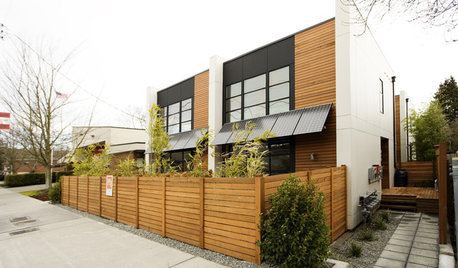
REMODELING GUIDESHigh Design With Solar Panels
Solar panels find new function as elements of smart home design
Full Story
ACCESSORIESEasy Green: Cut Electricity Use With 15 Unplugged Home Devices
Crank up the energy savings, courtesy of household items that come into power the old-fashioned way: manually
Full Story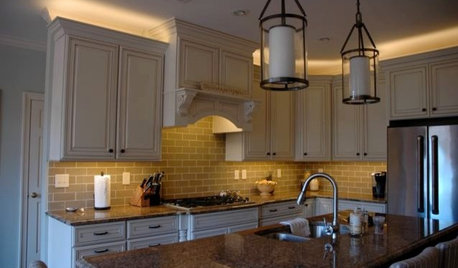
LIGHTINGThe Lowdown on High-Efficiency LED Lighting
Learn about LED tapes, ropes, pucks and more to create a flexible and energy-efficient lighting design that looks great
Full Story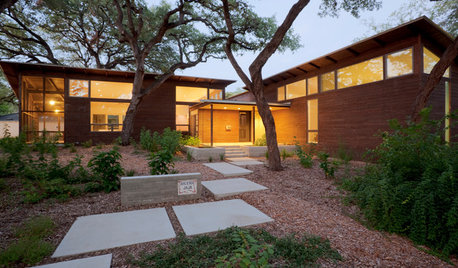
GREEN BUILDINGMeet a High-Tech Home That Monitors Itself
Energy vampires have nowhere to hide in this LEED Platinum home, as energy efficient as it is architecturally beautiful
Full Story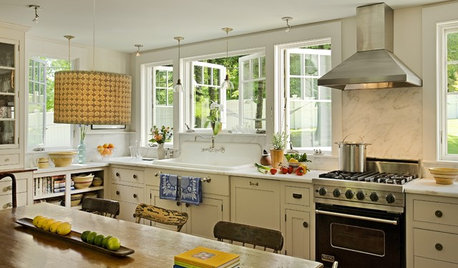
KITCHEN DESIGNThe Return of the High-Back Farmhouse Sink
See why this charming and practical sink style is at home in the kitchen and beyond
Full Story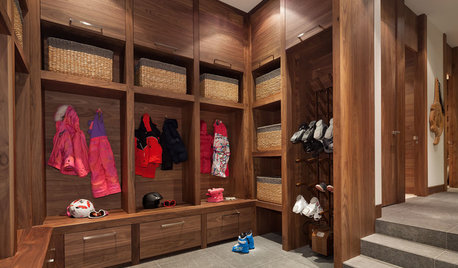
MUDROOMS4 High-Performing Mudroom Ideas
Looking for entryway ideas with plenty of storage? Here’s how to make hooks, cubbies and drawers look great
Full Story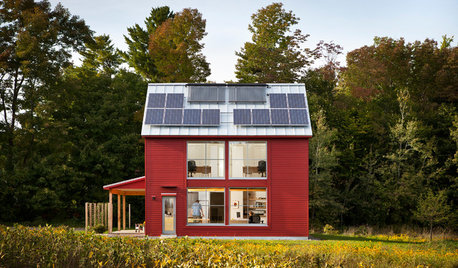
GREEN BUILDINGHouzz Tour: See a Maine House With a $240 Annual Energy Bill
Airtight and powered by the sun, this energy-efficient home in a cold-winter climate is an architectural feat
Full Story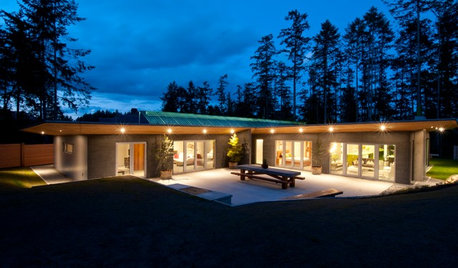
GREEN BUILDINGHouzz Tour: See a Concrete House With a $0 Energy Bill
Passive House principles and universal design elements result in a home that’ll work efficiently for the long haul
Full Story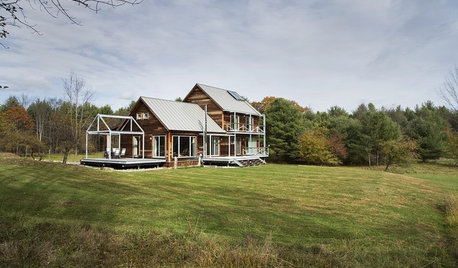
GREEN BUILDINGHouzz Tour: Passive House in Vermont Slashes Heating Bills
Its ecofriendly, low-maintenance design leaves a family with more time to relax and enjoy the weekend home
Full StoryMore Discussions






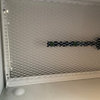

mike_home
tigerdunes
Related Professionals
Belleville Solar Energy Systems · Downers Grove Solar Energy Systems · Hemet Solar Energy Systems · Hinsdale Solar Energy Systems · New Canaan Solar Energy Systems · Berkley Home Automation & Home Media · Gladstone Home Automation & Home Media · Miami Springs Home Automation & Home Media · Natick Home Automation & Home Media · Orange County Home Automation & Home Media · Potomac Home Automation & Home Media · Scottsdale Home Automation & Home Media · Delhi Electricians · Batavia Fireplaces · Parkland FireplacesSpecialtyAirInc
mnnieOriginal Author
weedmeister
mike_home
energy_rater_la
udarrell
mnnieOriginal Author
udarrell
udarrell
weedmeister
dadoes
tigerdunes
mnnieOriginal Author
mike_home
mnnieOriginal Author
mike_home
energy_rater_la
mike_home